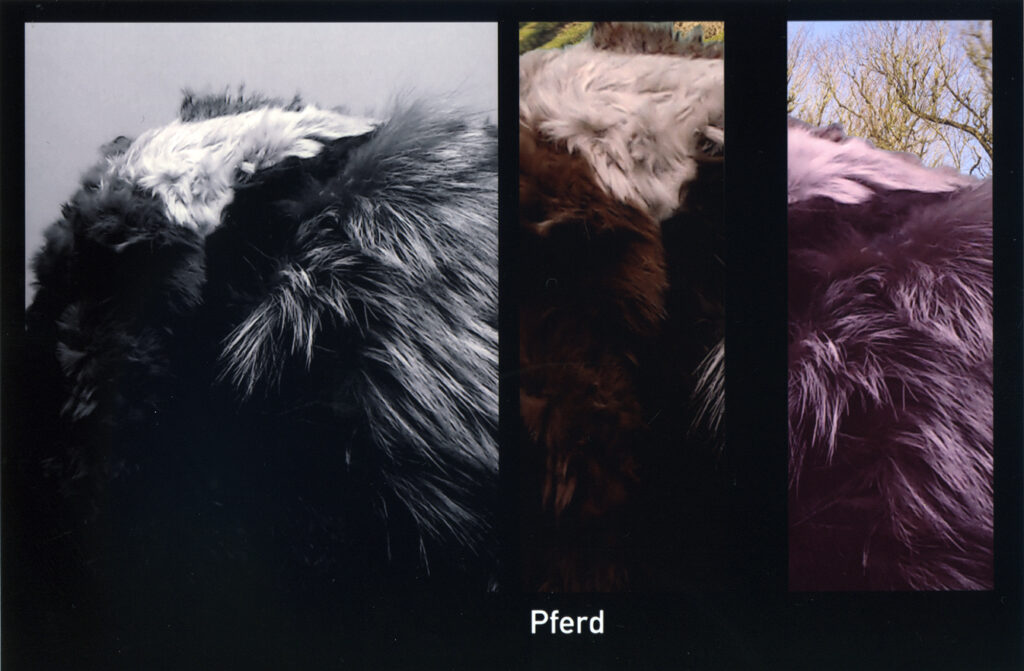ROUGH TRANSLATION is the website which accompanies a joint project by the Institutes of Language Arts and Transcultural Studies on collective forms and methods of translation. The project started with a series of reading, titled GROB GESAGT: KRIEG, with Ukrainian poets and will continue with a conference in April 2023.
Wir denken über viele Formen des Übersetzens nach. Dazu gehören Übersetzungen in den Raum, die theatral oder auch städtebaulich sein können. Auch die Frage, inwiefern Erfahrungen übertragbar sind, interessiert uns. Hier kann es um Kriegserfahrungen gehen oder um das Phänomen des strukturellen Rassismus. Muss vor der Möglichkeitkeit der Übersetzung die Anerkennung stehen?
Können (oder dürfen) wir Übersetzungsprozesse künstlichen neuronalen Netzwerken überlassen? Wie verhält sich poetische Sprache zur Praxis der Maschinenübersetzung und des maschinellen Lernens?
Und wir versuchen herauszufinden, ob es wirklich genuine Formen der Unübersetzbarkeit gibt, und worin die Unübersetzerbarkeit jeweils besteht.
We think about many forms of translation. These include translations into space, which can be theatrical or urban. We are also interested in the extent to which experiences are transferable. This can be about experiences of war or the phenomenon of structural racism. Does recognition have to come before the possibility of translation?
And we try to find out whether there are really genuine forms of untranslatability, and what the untranslatability consists of in each case.
Can (or may) we leave translation processes to artificial neural networks? How does poetic language relate to the practice of machine translation?
Who translates what, how, for whom? Language articulates power structures. For this reason, far from being romantic, many translating activities involve struggles, tensions, misunderstandings, voids, noise and silence – as well as interesting conflicts that may find expression in a translator’s afterword or explanatory footnotes. Translation can mean violent usurpation, forced assimilation and integration, it can foster the suppression of smaller languages by a dominant language, as is currently being seen in India. But it can also contribute to the ideal of a practice based on solidarity, allow people to participate in debates, enable them to read literary works from other languages, and encourage multilingualism.
The title Rough Translation covers these contrasting aspects of translation, between exclusion and solidarity, that are key to our approach. Roughness is allied here with a basic affirmation of the unfinished that remains open to change. The practice of rough translation implies a collective procedure in several stages. A result is only obtained via the interplay of all those involved. Not least, however, the roughness in Rough Translation also points to crude forms of cultural appropriation that exploit content for commercial gain while bypassing those who produced it.
